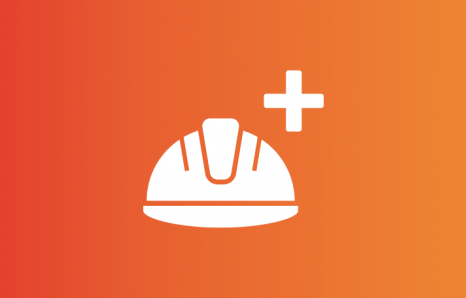Deborah Edmonds and Rupert Lown will explore how we can all contribute to improving our alertness when we are working on shifts. Shift working can be a bind, but a bit of thinking and with some small adjustments we can make ourselves more alert – and you won’t need cans of energy drink or treble expressos! Our lives are hectic, we often have young families, caring for parents, grappling to sleep in very hot weather. All of these are things we have to live with, but there are tips and tricks to help us and we will explore these with you.
You may also be interested in:

Warm-up routine for shift work
Join Andy Picken as he demonstrates easy exercises to incorporate before or during your shift. Experience the benefits of simple Personal Protective Exercises (PPE) designed to boost your energy and ease your workday. This warm-up routine will help you stay active, reduce fatigue, and improve overall wellbeing, making your shift work more manageable and less physically taxing. Enhance your daily performance with these effective and accessible exercises.

BACK-on-LINE (TM): Digital technology to help rail workers better manage their back pain in work
Back pain is a common issue among rail workers, with as much as 69% experiencing it every month. Currently, access to effective help is limited to hospitals with long waiting lists and requires therapist involvement. Dr Sheeran has developed a new work-based intervention called BACK-on-LINE (TM).

BROS: Building relationships on site
2023's Wellbeing Hero Award winner, Vikky Goodwin, takes you through the mental health initiative she set up to help frontline employees proactively engage with mental health conversations. The scheme encourages employees to react to situations at work in the same way they would in normal life, substituting work behaviours for personal behaviours and treating colleagues how they would family and friends. Learn practical and effective strategies so you can try them in your organisation.
